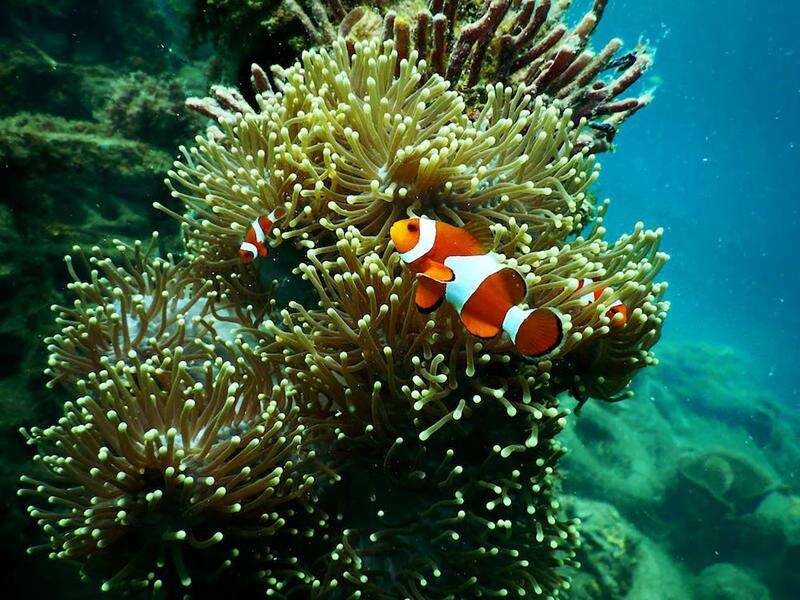KINGSTON, Jamaica — In a groundbreaking initiative to safeguard Jamaica’s coral reefs, the National Environment and Planning Agency (NEPA) has introduced the first-ever ‘Coral Reef Awareness Month’ in September 2025. This campaign seeks to address the escalating threats of ocean warming, pollution, and disease, which have left the nation’s coral ecosystems—often referred to as the ‘rainforests of the sea’—in a precarious state. Without intervention, the degradation of these reefs could have catastrophic effects on Jamaica’s coastal defenses, which rely on coral to mitigate storm surges and erosion.
The initiative focuses on raising public awareness, fostering community involvement, and supporting marine restoration efforts. A key component of the campaign is a coral spawning program, designed to replenish Jamaica’s reefs and establish a spawning calendar to guide ongoing conservation efforts. This program is part of the broader CoralCarib Project, a collaborative effort led by the Nature Conservancy (TNC) and the Alligator Head Foundation (AHF), which spans Jamaica, Cuba, Haiti, and the Dominican Republic.
From September 7 to 15, 2025, NEPA coordinated a coral spawning blitz, involving 30 scientists and divers from various organizations. These experts conducted nightly dives to document and collect gametes from three threatened coral species: Acropora palmata, Orbicella faveolata, and Orbicella annularis. The event was informed by a prior mapping exercise that assessed coral health within marine protected areas, providing critical data on bleaching, resilience, and restoration planning.
Chanel Raynor, NEPA’s ecosystems coordinator, emphasized the urgency of the initiative, stating, ‘The CoralCarib Project represents a strategic, collaborative approach to coral restoration, with communities and interest groups at its core.’ Anna-Cherice Ebanks-Chin, TNC’s Marine Conservation Programme Manager, echoed this sentiment, highlighting the need to fast-track efforts in response to recent coral bleaching events. The initiative marks a significant step forward in Jamaica’s efforts to restore its marine ecosystems and develop sustainable policies for coral reef management.
